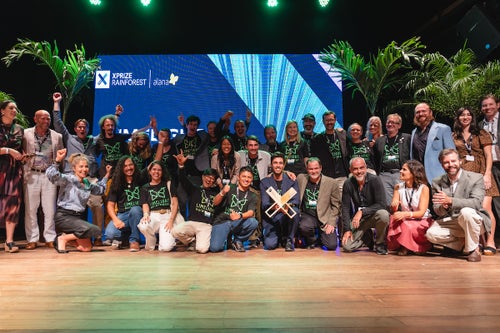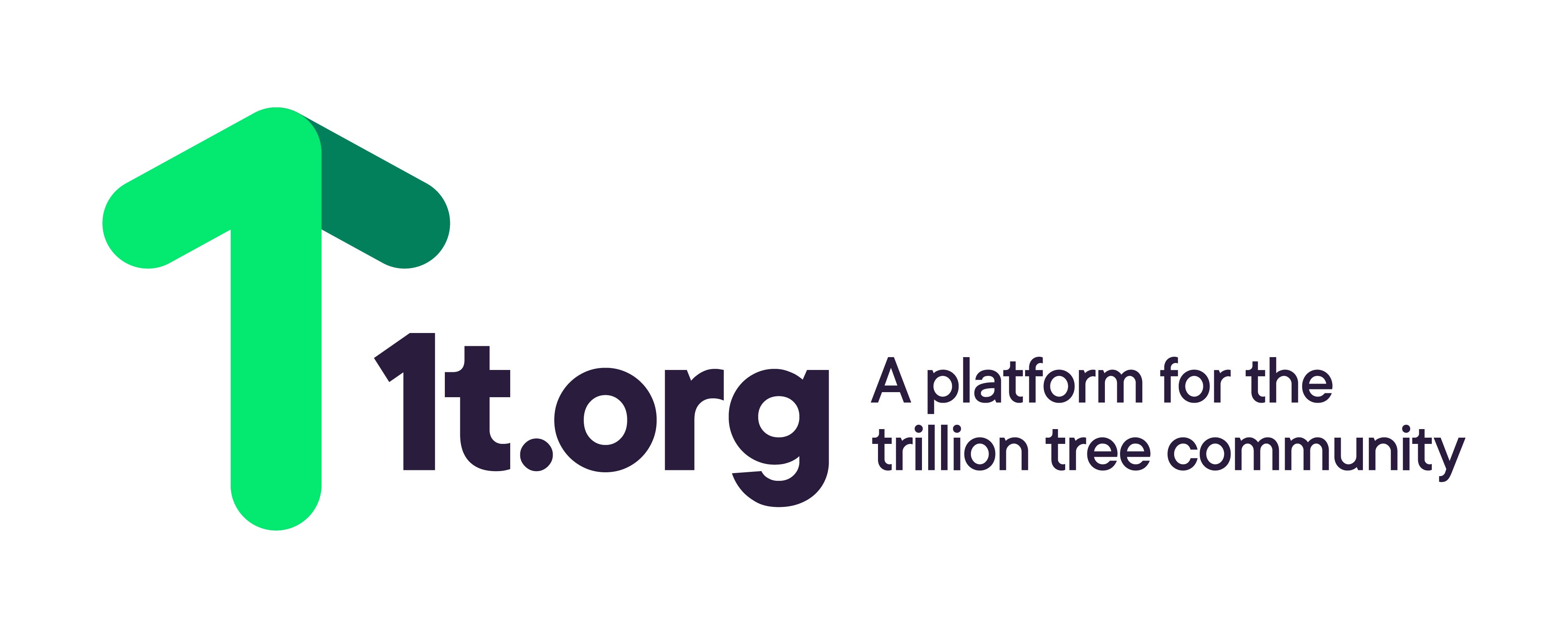Designed to give communities and conservationists the tools to defend the planet’s richest ecosystems, this prize challenged teams to develop autonomous technologies that can rapidly and comprehensively assess tropical rainforest biodiversity, empowering conservation efforts and Indigenous stewardship with real-time data.
Impact
250 species identified in 24 hours by Grand Prize Winner
4M+ hours of work by competitor teams
126 patents filed during competition
Winner
Team Limelight’s drone-deployed technology captures bioacoustics, insect images, and eDNA, to identify rainforest species and speed field genetics. In just 24 hours they mapped 250 species and 700 unique taxa, the highest among finalists overall.
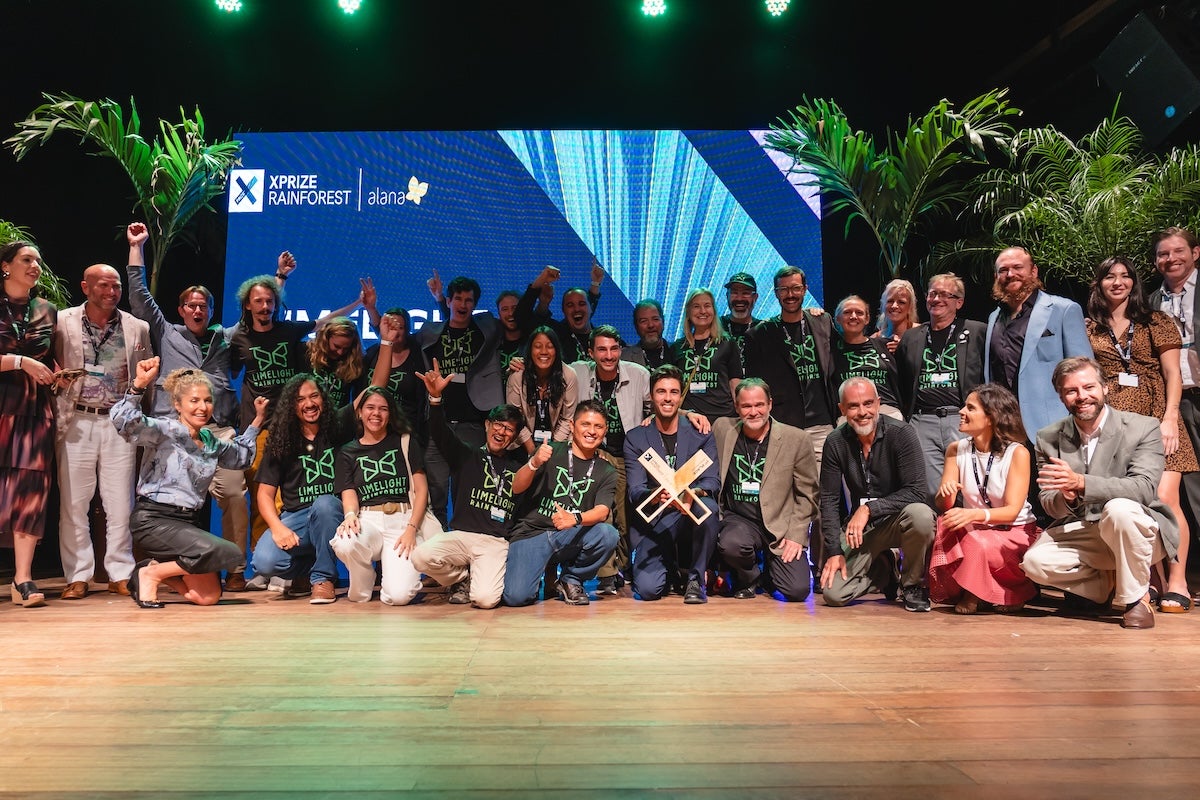
Limelight Rainforest
- Finalist
- Semifinalist
- Qualified Competitor
Solutions Showcase
All 6 finalist teams demonstrated viable solutions through field testing and will be supported through the XPRIZE Rainforest Year of Impact. Learn more about the teams and their innovations in this Solution Catalogue.
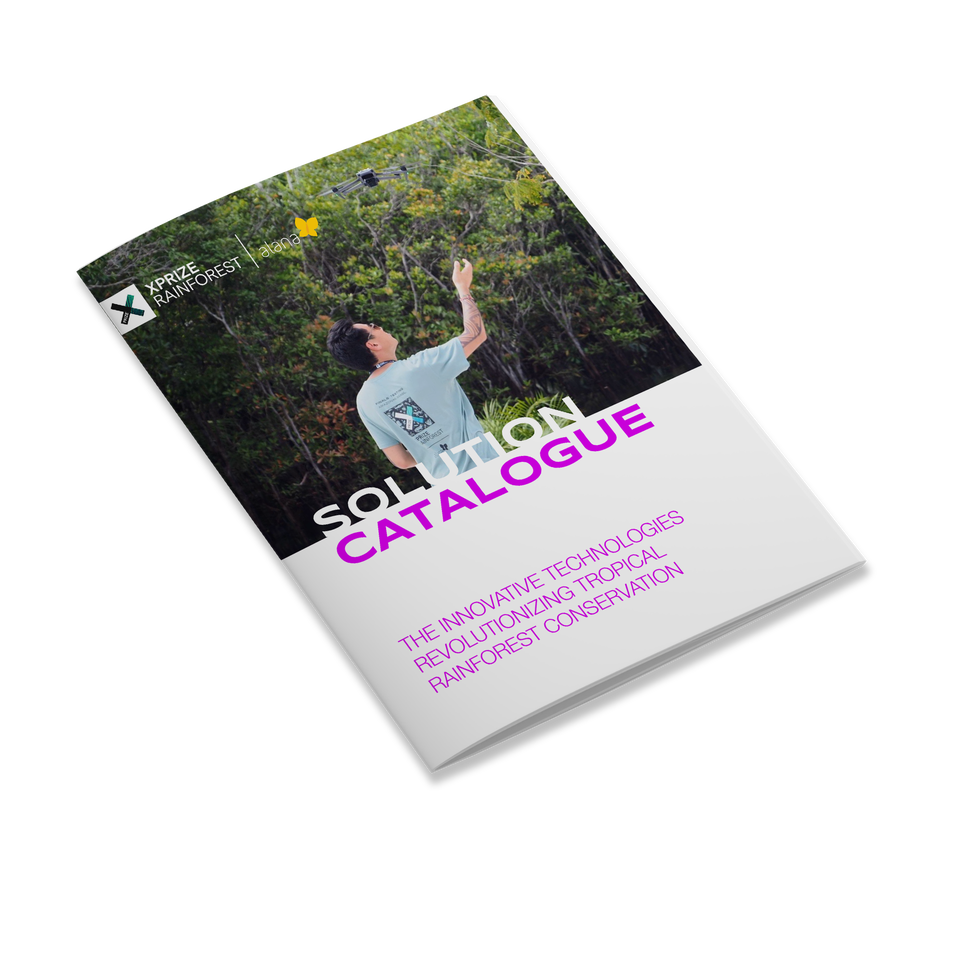
Sponsors
Sponsors fund the prize journey from bold idea to breakthrough—shaping each competition, supporting global teams, and accelerating solutions that scale. Their backing powers impact that lasts well beyond the prize.
Latest News
Partners
Partners play a hands-on role in our prizes—co-designing competitions, supporting operations, and helping scale solutions with their expertise, resources, and global reach.
Advisors + Experts
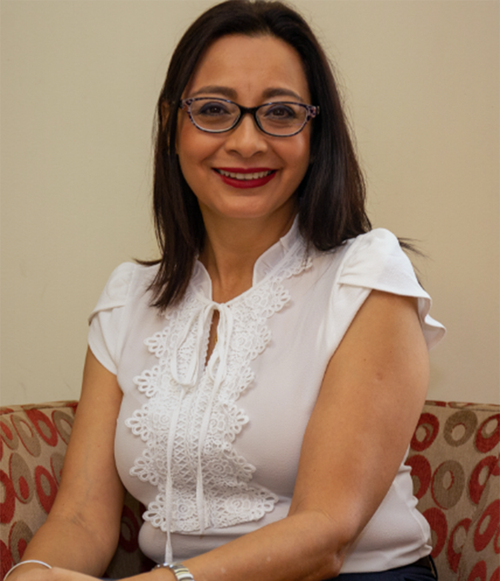
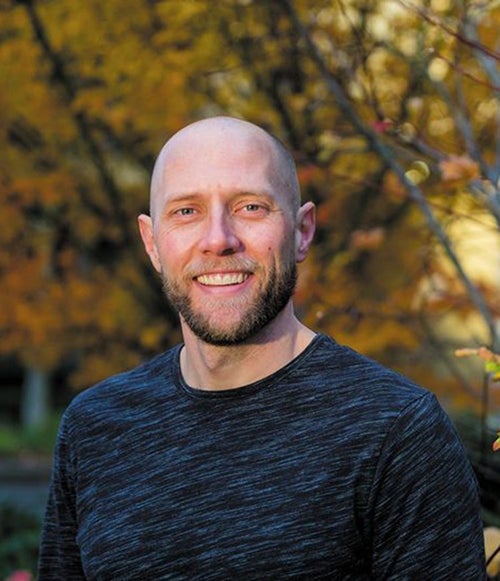

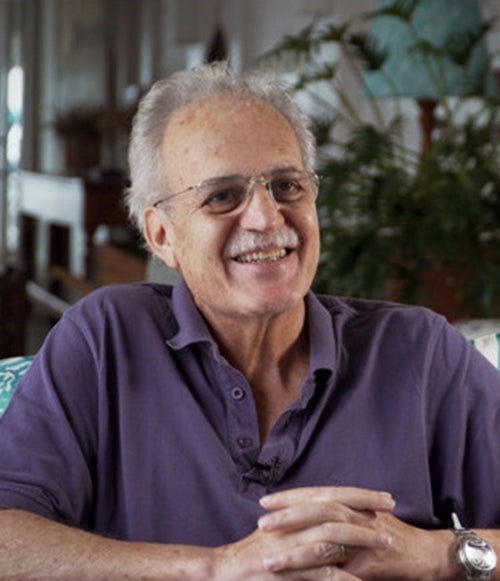



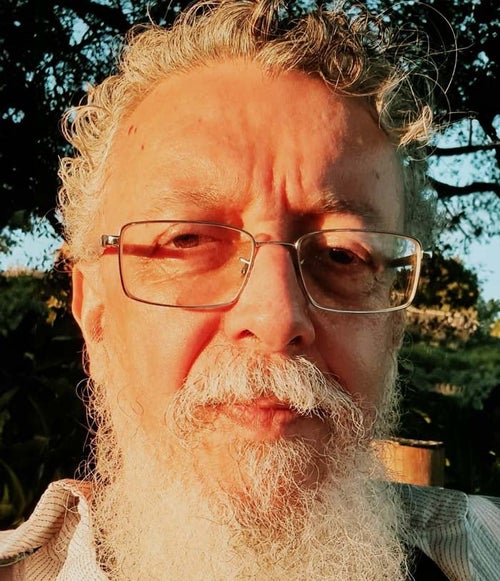
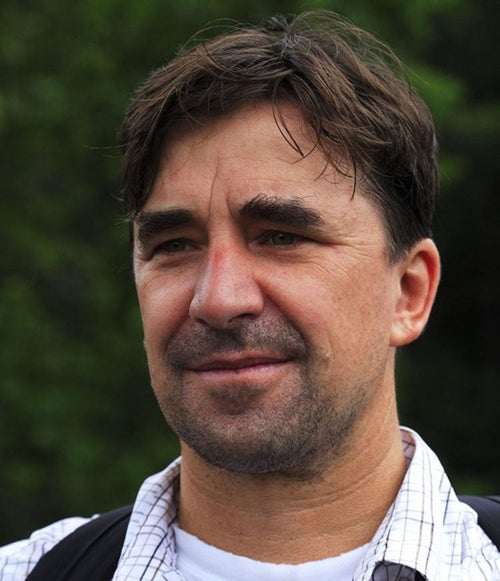
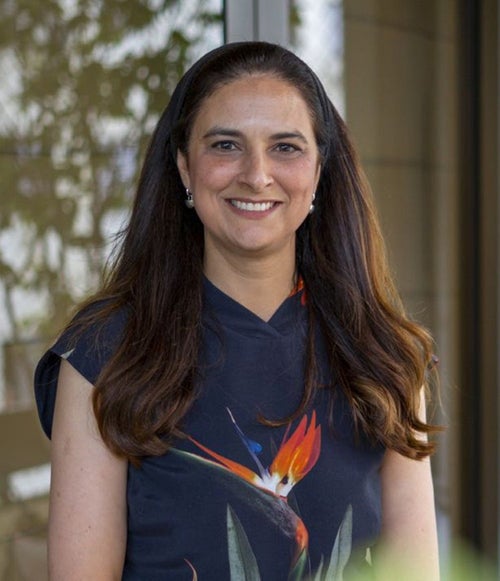

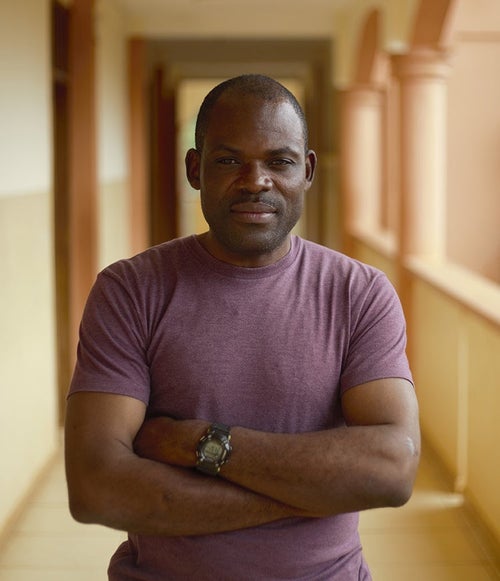
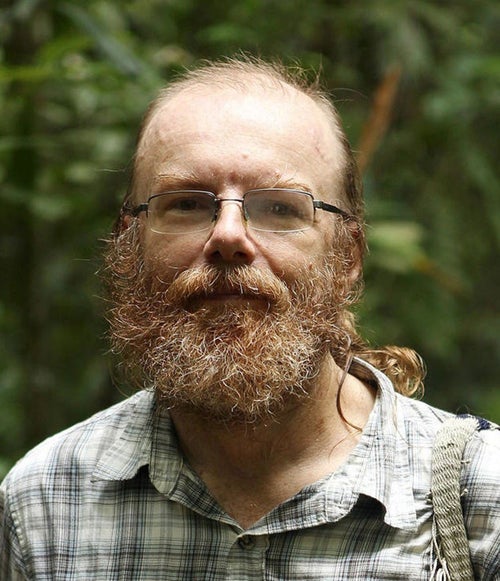
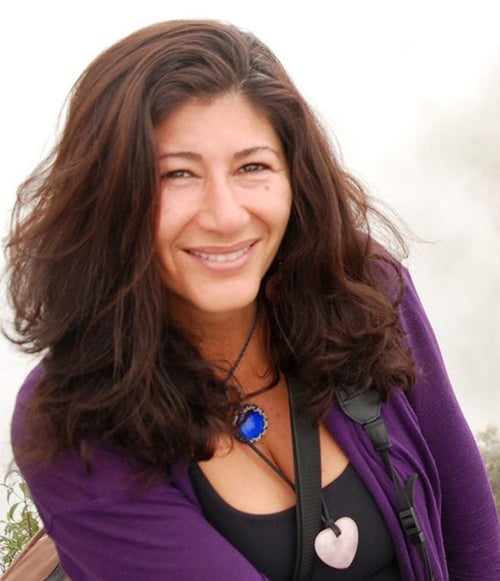

Barrier
Tropical rainforests are the most biodiverse ecosystems on Earth, yet their vastness and complexity restrict our ability to fully assess them. By deploying rapid, autonomous technologies, we can gain near real-time insights into biodiversity, data that informs conservation and policy, supports sustainable bioeconomies, and empowers Indigenous Peoples and local communities, the primary stewards and knowledge holders of these critical ecosystems.
Breakthrough
Breakthrough solutions will rapidly and semi-autonomously assess rainforest biodiversity, collecting, identifying, and analyzing data in real time revolutionizing rainforest biodiversity monitoring. These technologies will provide new insights for ecosystems, guide conservation, and support Indigenous and local community-led stewardship.
About the Prize
XPRIZE Rainforest is a $10M competition to accelerate autonomous biodiversity monitoring and data collection technologies. Launched in 2019, the prize challenged teams to survey and analyze the biodiversity in tropical rainforests, delivering data in real time to support conservation, local livelihoods, and Indigenous land stewardship.
To win, teams had to deploy advanced technologies across one 100 hectares (1 km²) of dense Amazon rainforest in just 24 hours, then deliver a report within 48 hours. Their tools had to identify the greatest number of species, including flora, fauna, and fungi, and provide meaningful ecological insights, not just raw data.
Six finalist teams competed in the prize finals in 2024 in the Brazilian Amazon. Technologies included autonomous sensor platforms, AI-powered acoustic monitoring, machine learning for eDNA analysis, and lightweight robotic drones capable of navigating complex rainforest canopies for data collection.
The competition’s impact goes beyond a single winner. It has created a new model for rapid biodiversity assessment to meet and exceed global conservation goals and frameworks. The competition empowers conservationists and communities with the data to support conservation, climate resilience, and sustainable bioeconomies. By fusing cutting-edge tools with on-the-ground expertise, the competition redefined how we understand and safeguard rainforests in real time.
Prize Schedule
Launched in 2019, the competition culminated in 2024 with live finals in Amazonas, Brazil. Teams had 24 hours to explore 100 hectares (1 km²) of rainforest and 48 hours to deliver real-time insights. Limelight Rainforest was named the Grand Prize winner.
Other Competitions
IN ENERGY + CLIMATE + NATURE







